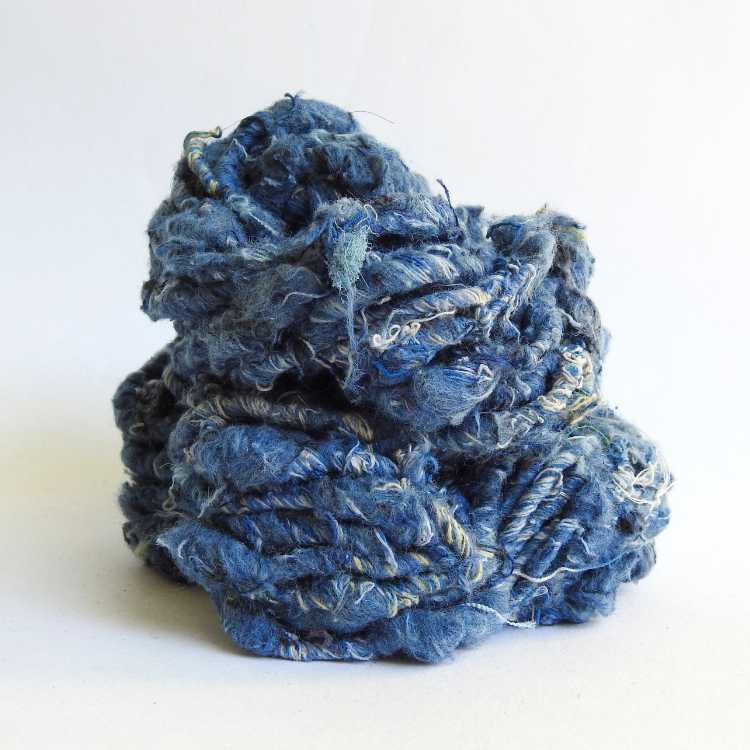The words "Sustainable and Sustainability" are everywhere these days, but what do they actually mean? Leet's dig a bit deeper.
The 1987 Brundtland Commission report for the United Nations defines Sustainability as “meeting our own needs without compromising the ability of future generations to meet their own needs”. In other words, meeting the needs of the present without compromising the ability of future generations to meet their needs, especially with respect to depleting natural resources.
Sustainability is very important as without it, or without enough of it, we experience detrimental impacts to our environment, as we are seeing front-and-centre with climate change.
So, sustainability can be applied to many things - how we grow crops, how we live our lives, how we farm animals and so on.
Sustainable Farming
Sustainable agriculture is where environment friendly methods of farming are used that allow the production of crops or livestock without damage to human or natural systems.
Sustainable crop production is focused on building soil and managing an integrated ecosystem, encouraging beneficial insect and plant relationships and looking at how the farm functions as a whole.
The industrialisation of agriculture artificially divorces two parts of a naturally closed-loop and renewable cycle i.e. nature's balanced system, in which crops feed animals and in return the waste from animals feeds/fertilises crops, is disrupted.
The benefits of sustainable farming are many – enriched soil that better retains water and stores carbon, clean water and air; greater biodiversity and the ability to continue these practices indefinitely because they do not rely on finite resources.
Sustainability in Practice
It may be possible to grow a crop sustainably, however in practice, the commercialisation of the process of turning the raw plant material into usable material may mean that it currently is not living up to that promise.
Cotton is a good example of this. Cotton has the potential to be an entirely sustainable, renewable and biodegradable resource.
Currently though the process most commonly used to create the spun fibre requires a huge amount of energy and water. Commonly also, a number of pesticides and insecticides are used to keep the crops safe. In addition, current cotton cultivation has begun to degrade the soil of the plantations to the extent that farming needs to be expanded into new, arable areas which in turn is resulting in natural habitats being destroyed.
We do have a choice though, with Organic cotton being much more sustainable.
Sustainability - Where are we now
The visibility across the globe of the huge impacts of non-sustainable ways of living, has resulted in greater resources (time and dollars) being put into searching for, and putting into practice, more sustainable ways of living across just about every aspect of our lives. This includes agriculture, technology, our homes and how we travel, with more and more governments and corporations taking responsibility for their part.
It will be a permanent feature of humans living on Planet Earth!
References
Greenmatters.com
Foodprint.org
Youmatter.world




